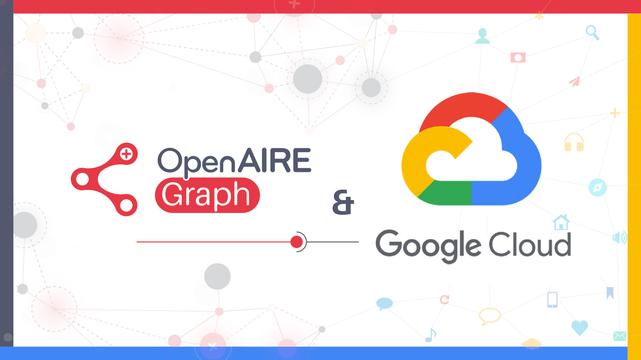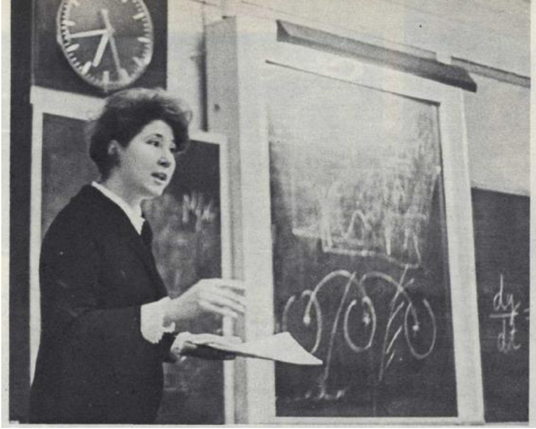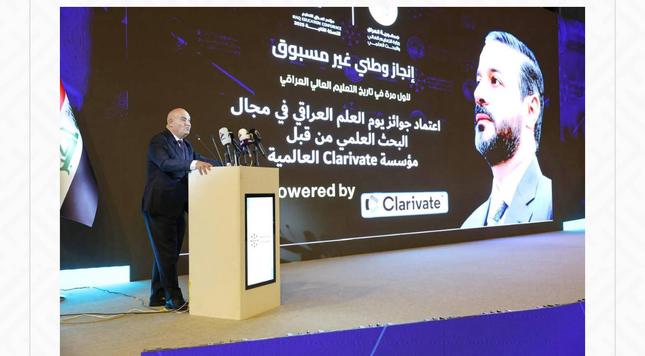#Scientometrics & #Bibliometrics researchers!
#DidYouKnow the #OpenAIREGraph dataset is publicly accessible on #GoogleCloud #BigQuery with full tutorials & use-cases available?
Ready for you to explore, analyze, and discover insights!
✅ Query millions of publications, datasets, software, projects & their relationships
✅ Build custom analytics
✅ Track research impact & collaboration networks
🔗 Learn more https://graph.openaire.eu/docs/cloud-access/
#OpenScience #OpenData #BigQuery #ScholarlyComms #ResearchMetrics






